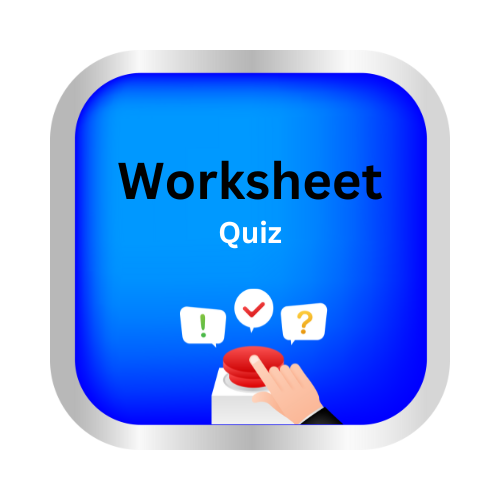Use dictionary entries
Key Notes :
| What is a Dictionary Entry? |
A dictionary entry is a detailed description of a word found in a dictionary. It’s like a treasure map that gives you all sorts of information about a word, including its meaning, pronunciation, part of speech, and origin. Think of it as a one-stop shop for everything you need to know about a word!
| Anatomy of a Dictionary Entry |
Let’s break down the different parts of a dictionary entry:
- Entry Word: The word itself (e.g., happy).
- Pronunciation: How to say the word correctly (e.g., ˈhapē). This often uses phonetic symbols.
- Part of Speech: What type of word it is (e.g., noun, verb, adjective, adverb).
- Definition: The meaning of the word. Some words have multiple definitions!
- Example Sentence: Shows how the word is used in a sentence. Helps you understand the word’s meaning in context.
- Etymology: The origin and history of the word. Where did it come from?
- Synonyms/Antonyms: Words that have similar or opposite meanings.
- Find the word: Dictionaries are organized alphabetically, so find your word.
- Check the pronunciation: Pay attention to the phonetic symbols. Many dictionaries have a pronunciation guide at the beginning.
- Identify the part of speech: Is it a noun, verb, adjective, etc.? This will help you understand how to use it in a sentence.
- Read the definition(s): Choose the definition that best fits the context of what you are reading or writing. Words can have multiple meanings!
- Examine the example sentence: This shows you how the word is used correctly.
- Explore synonyms and antonyms: This helps you expand your vocabulary.
| Why are Dictionary Entries Important? |
Using dictionary entries effectively is super important because they:
- Improve your vocabulary: By learning new words and their meanings.
- Enhance your reading comprehension: By understanding the meaning of unfamiliar words.
- Improve your writing: By using words correctly and effectively.
- Help you pronounce words correctly: Avoiding mispronunciations.
- Expand your knowledge: By learning about the origins of words.
- Help you choose the correct word: By understanding subtle differences in meaning.
| Examples |
Let’s look at a simplified example for the word ‘optimistic’:
optimistic ( op·ti·mis·tik ) adjective
- Having or showing a hopeful feeling about the future.
Example: She is optimistic about her chances of winning.
Synonyms: hopeful, positive, cheerful
This entry tells us ‘optimistic’ is an adjective, how to (roughly) pronounce it, what it means, gives an example, and suggests synonyms.
| Simple Exercises |
Let’s put your dictionary skills to the test!
- Find the word ‘benevolent’ in a dictionary. What does it mean? What part of speech is it? Write a sentence using the word.
- Look up the word ‘elated’. What are some synonyms for ‘elated’?
- What is the pronunciation of the word ‘chaos’?
- Find the etymology of the word ‘science’. Where does it come from?
- Choose any word you don’t know. Find it in the dictionary. Write down its definition, part of speech, and an example sentence.
| Next Steps |
Now that you know how to read and use dictionary entries, practice using a dictionary regularly! The more you use it, the better you’ll become at understanding and using new words. Happy dictionary diving!
Let’s practice!

